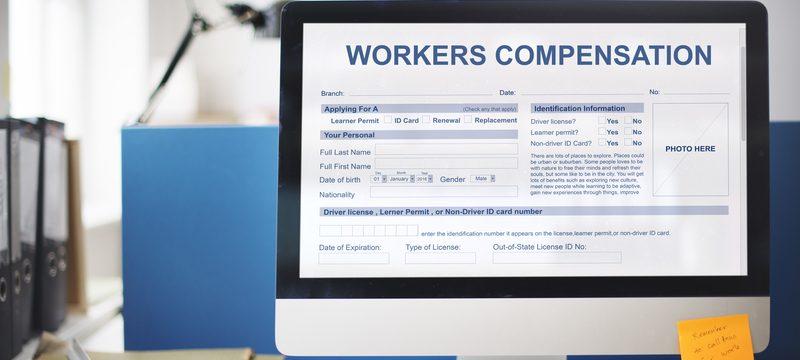Common Workers’ Compensation Application Mistakes
If you have sustained a work-related injury, filing a workers’ compensation claim can be tricky and complicated. The employer’s insurance company will try to stop treatment or even drop your claim if you make a wrong move. Not to mention, you’re working on this workers’ compensation application while you’re dealing with an injury or illness. If you are in the process of trying to get workers’ compensation, avoid these common mistakes:
Failing to report your accident or injury. Employees who are injured or become sick on the job need to report that to their employer as soon as possible. You cannot get workers’ compensation benefits without reporting to your employer, and Georgia has laws in place requiring you to make with this report within a certain number of days.
Not seeing a doctor for your illness or injury. In your state of shock following a work-related injury, you might feel like you’re okay or that you don’t need to see a doctor. But if you’re injured, you need to go to the doctor as soon as possible. Workers’ compensation benefits exist to help injured workers receive treatment and recover. Your doctor can diagnose your illness or injury, document the symptoms, and develop a treatment plan – all things that will make it easier to seek workers’ compensation.
Not filing a claim for workers’ compensation benefits. Reporting your illness or injury to your employer is not the same thing as filing a workers’ compensation claim. You need to be proactive and file the claim yourself (or have someone help you). In Georgia, there is a limited amount of time after a work-related injury or illness that you can file a workers’ comp case. If you fail to file, your claim could be barred altogether.
Not being honest about your condition. Always be truthful about your accident, any injuries or symptoms, your recovery, and any setbacks. Providing any false or misleading information can be grounds for denial of your claim. If the employer’s insurance company finds any discrepancies in your medical report, even if it’s a minor detail, they will likely use it against you and attempt to stop treatment or drop your workers’ comp claim.
Not following your doctor’s instructions. It’s important that you follow your doctor’s instructions, which includes attending all of your appointments for physical therapy. If you miss an appointment, your employer’s insurance company may claim that you’re healthy and just don’t want to work – and try to drop our claim. Insurance companies have also been known to conduct surveillance or search social media profiles, looking for any behavior that can discredit your claim. Also, ignoring your doctor’s treatment plan could put your health in jeopardy, making it even more difficult to recover and return to work.
Refusing work that’s offered by your employer. The goal of workers’ compensation is to help injured workers with their recovery and return to their original job. During the recovery process, your employer may offer a light or limited duty job to help you make some money and get back on your feet. If the employer offers, and your doctor says you’re capable of this light-duty work, you have an obligation to take this offer. Refusing the work could mean that your workers’ compensation benefits will be dropped.
Returning to work too soon. Your doctor will be tracking your progress and making recommendations as to what (if any) work you can handle. It is within your right to only perform within those work restrictions. If you return to work too early, or do too much too soon, you may be jeopardizing your own health. Or, the insurance company may claim that you weren’t as severely injured in the first place and drop your claim.
Being unorganized and not proactive. If you’re dealing with an illness or a work injury, you’re probably sore and exhausted. But you still need to be proactive about your workers’ comp case. Be sure to document every detail about the incident, your employer’s response, your symptoms, and how long those symptoms persist. Request copies of your medical reports and scans. This way, the details will be fresh and accurate for the insurance company, and your workers’ comp attorney will have the information needed for your case.
Need help with your Workers’ Compensation case? Call The Law Offices of Laura Lanzisera.
The outcome of your workers’ compensation claim can affect you and your family for years to come. You need an attorney who will advocate for you and will guide you through the workers’ compensation process. If you have been injured or developed an illness at work and need help with your workers’ compensation case, contact The Law Offices of Laura Lanzisera. Our team can explain Georgia’s workers’ compensation system and the benefits available for your injury or disability. Contact our office today for a free consultation.

Leave a Reply
Want to join the discussion?Feel free to contribute!